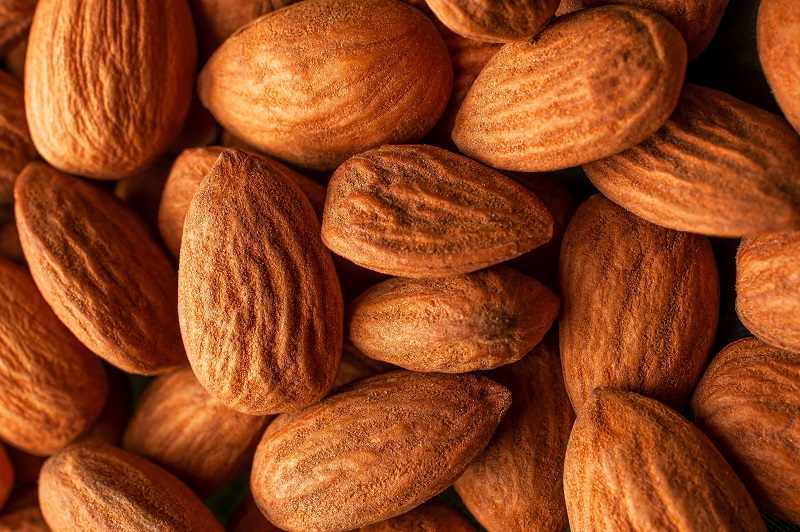Is the Call To Buy American Grown Produce Falling on Deaf Ears?
In a recent editorial I wrote for American Fruit Grower® magazine, I made the case that high labor costs are among the major causes of a loss of competitiveness in the U.S. fruit and vegetable industry, and that increased mechanization can help offset those steadily rising costs. However, implementing mechanization might not be financially feasible for smaller growers, who I suggested would be better off trying to educate their customers, letting them know how important it is to American fruit growers that American consumers buy homegrown fruit.
Lots of luck with that idea, says one of the world’s top economists on the fruit industry, Desmond O’Rourke, President of Belrose, Inc., Spokane, WA. O’Rourke, who wrote a column for American Fruit Grower for many years, says that while he agrees with my reasoning on mechanization, he’s skeptical about educating consumers on the benefits of buying American.
The problem, he says, can be found with a look at the produce department in a grocery store. Retailers certainly aren’t on board with selling homegrown fruit.
“USDA Foreign Agriculture Service data show that in the most recent 12 months, October 2020 to September 2021, the U.S. imported fresh pineapple from 20 countries, fresh avocados from 36 countries, fresh tomatoes from 40 countries, and fresh strawberries from 55 countries,” O’Rourke writes. “U.S. retailers have neither the will nor the way to label all these different sources of origin.”
Like it or not, our economy is now global and hyper-competitive, and nationalism just isn’t a factor.
“There is little incentive for the big produce brands like Dole or Del Monte to separately identify foreign or domestic sources,” O’Rourke says. “Likewise for club managers using imported fruit to ensure retailers of 12-month supplies of their newer varieties.”
In addition to high labor costs, U.S. fruit and vegetable growers have been faced with steadily rising land costs, as well as increasingly intrusive regulations. But if education isn’t the answer, what is? To paraphrase an old saying, if you can’t beat the global economy, join it.
“In the recent past, many fresh fruit and vegetable producers, packers, and marketers have been able to use economies of scale gained from exporting to reduce unit costs and enhance competitiveness. However, both the Trump and Biden administrations have adopted policies that led to increased trade barriers for U.S. fruits and vegetables,” O’Rourke writes. “Both have kept the U.S. out of the Pacific Trade Partnership and its successor that work to liberalize trade in Asia.”
In other words, it seems that while American consumers are enjoying the benefits of participating in the global economy, American fruit growers aren’t, or at least not nearly so much as they could be. The solution is obvious.
“Regaining the benefits of trade will require action at the federal level,” O’Rourke states. “That will only happen if the fruit and vegetable industries can demonstrate the harmful effects of present policies and become more forceful in their demands for action.”
I thanked O’Rourke for his comments, and he wrote back to say he hopes they stir some debate, adding: “I think our state and federal politicians and bureaucrats have no idea how much damage their policies have cumulatively imposed on the U.S. agricultural industry.”
I picture many of you growers nodding at that sentiment. However, O’Rourke couldn’t resist making one final point, as he has long noted apple growers would be better off working together to get a bigger share of the total fruit dollar than they are battling each other for just the apple share.
“The absence of promotion for the apple, one of the three top fruits, from the Washington apple industry, the dominant fresh apple supplier, leaves the consumer vulnerable to promotional appeals for numerous competing fruits,” he concludes.
That means, in yet another nod to an increasingly global economy, that your competitor isn’t just the apple grower on the other side of town, but the mango grower on the other side of the world.









